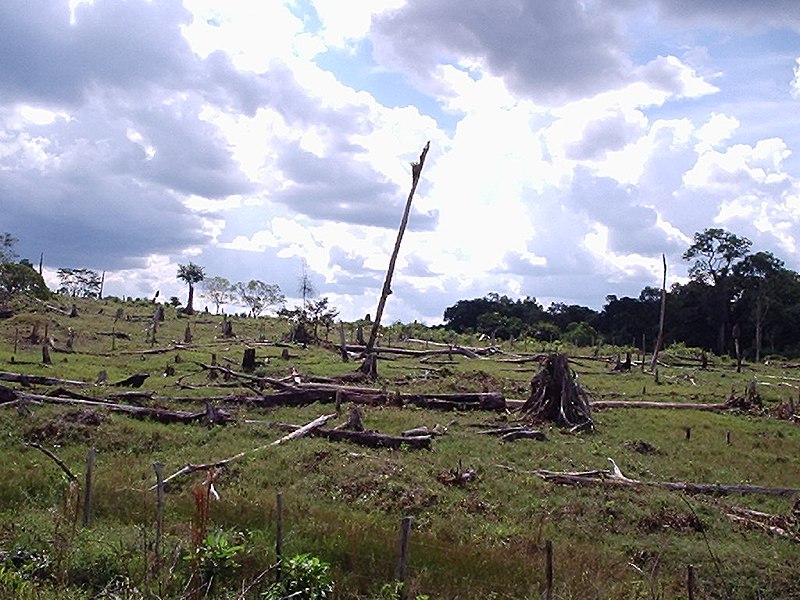
The implementation of the EU’s deforestation law, aimed at ensuring products sold in the EU are not sourced from deforested land, has been postponed by one year to allow businesses more
time to comply with the stringent requirements.
Responding to concerns from EU member states, non-EU countries, traders, and operators about the feasibility of meeting the original compliance deadline of late 2024, the European Commission proposed a delay. In October 2024, the European Parliament agreed to fast-track this proposal under the urgency procedure (Rule 170(6)). Today, the Parliament approved the delay and other amendments, with 371 votes in favor, 240 against, and 30 abstentions.
Under the revised timeline, large operators and traders must comply with the regulation by 30 December 2025, while micro- and small enterprises will have until 30 June 2026. This extension aims to provide global operators with adequate time to implement the new rules without compromising the regulation's objectives.
In addition to the compliance extension, the Parliament adopted several other changes, including the introduction of a new category for countries posing “no risk” of deforestation. This category, defined as countries with stable or increasing forest areas, will complement the existing classifications of “low,” “standard,” and “high” risk. Countries labeled as “no risk” will face less stringent requirements due to their negligible or non-existent deforestation risk. The Commission is tasked with finalizing a benchmarking system for categorizing countries by 30 June 2025.
The Parliament has referred the file back to the committee stage for interinstitutional negotiations. To enact these changes, the final text must be approved by both the European Council and the Parliament, followed by its publication in the EU Official Journal.
The UN Food and Agriculture Organization (FAO) estimates that 420 million hectares of forest—an area larger than the EU—were lost to deforestation between 1990 and 2020. EU consumption accounts for approximately 10% of global deforestation, with products like palm oil and soya responsible for over two-thirds of this impact.
The deforestation regulation, adopted by the Parliament on 19 April 2023, seeks to combat climate change and biodiversity loss by addressing the EU’s role in global deforestation. The law targets products linked to deforestation, including cattle, cocoa, coffee, palm oil, soya, wood, rubber, charcoal, and printed paper. While the regulation has been in force since 29 June 2023, its provisions were initially set to apply to companies starting 30 December 2024.
This postponement ensures smoother implementation while maintaining the law’s environmental ambitions. Photo by Daniele Gidsicki, Wikimedia commons.



































